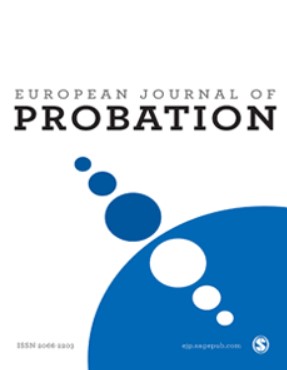Conditional release in Belgium: how reforms have impacted recall
Conditional release in Belgium: how reforms have impacted recall
Author(s): Aline Bauwens, Luc Robert, Sonja SnackenSubject(s): Criminal Law, Criminology, Penology, Transformation Period (1990 - 2010), Penal Policy, Court case
Published by: SAGE Publications Ltd
Keywords: Conditional release; Recall; Professional discretion; „Maxing out‟;
Summary/Abstract: Following the Dutroux case in 1996, the Belgian parole system was thoroughly reformed in 1998 and 2006. Decision-making was transferred from the Minister of Justice to multidisciplinary “Sentence Implementation Courts”, supervision and follow up of conditionally released prisoners was tightened and the proportion of recalls increased. Recall of conditional release hence results from the interaction between three main parties: the offender, the supervising probation officer (“justice assistant” in Belgium) and the Sentence Implementation Court who takes the final decision. This paper looks into the consequences of these reforms for two of these parties: the justice assistants, who struggle to keep their professional discretion in the decision to recall, and prisoners, who increasingly turn away from conditional release, thus avoiding recall to prison altogether.
Journal: European Journal of Probation
- Issue Year: 4/2012
- Issue No: 1
- Page Range: 19-33
- Page Count: 15
- Language: English
- Content File-PDF

